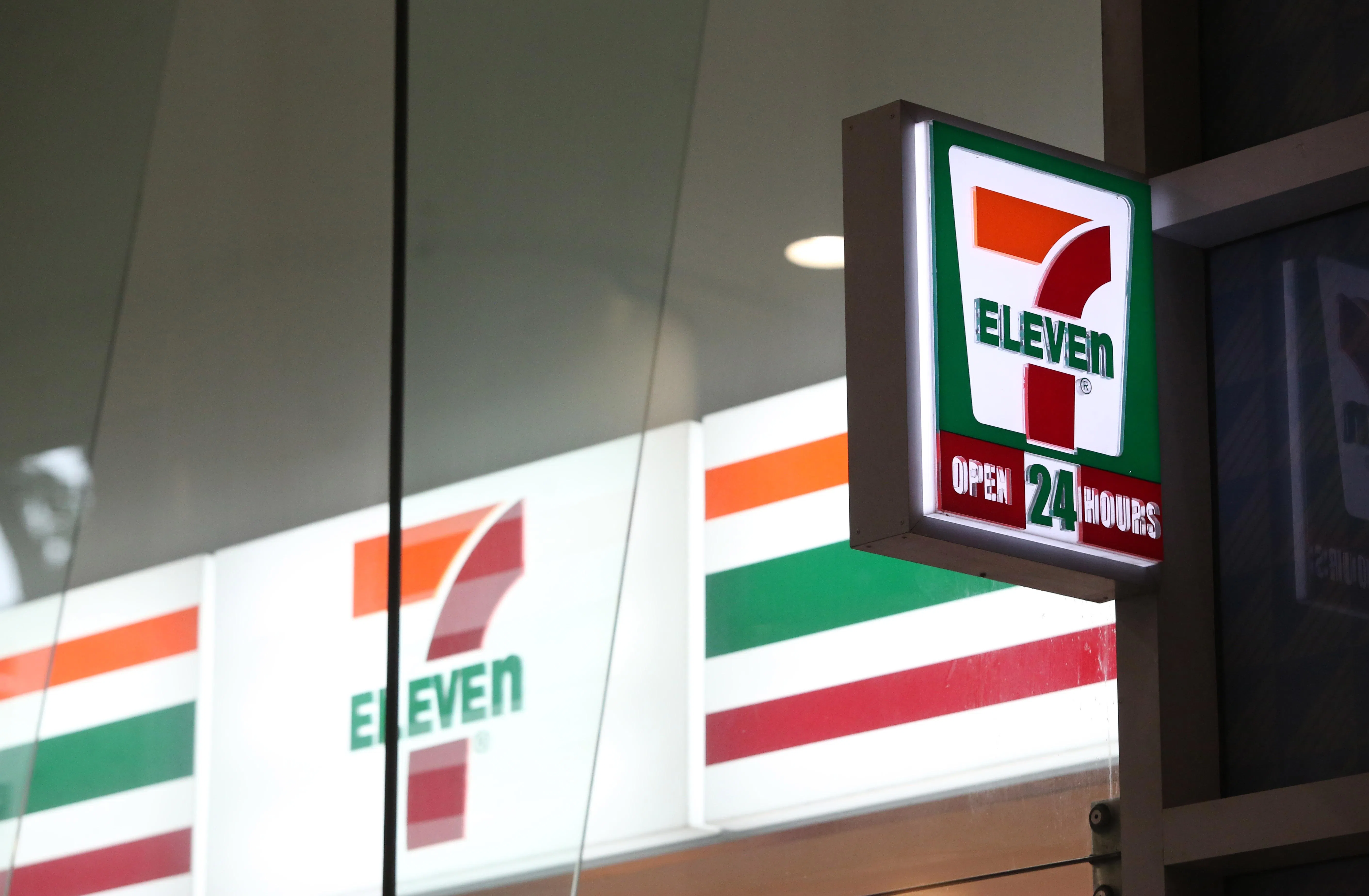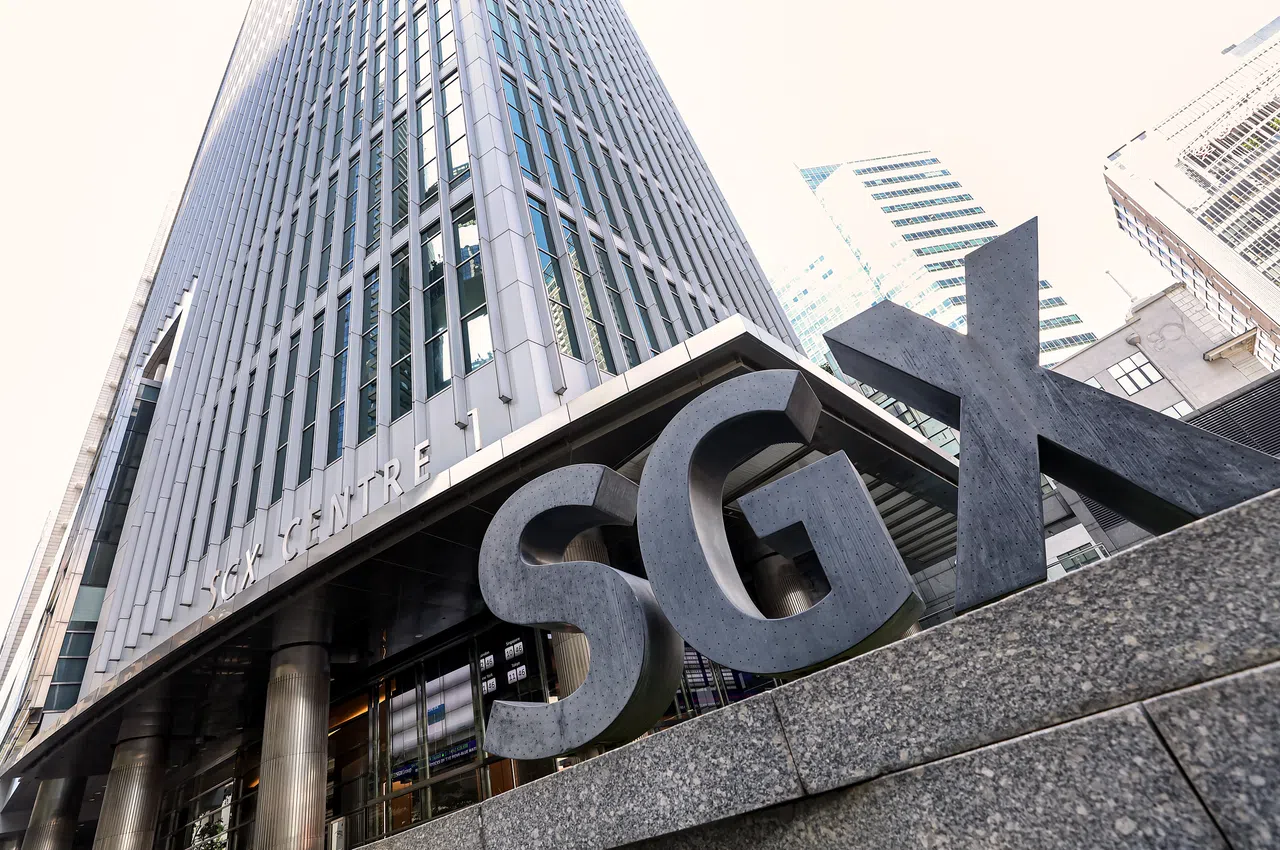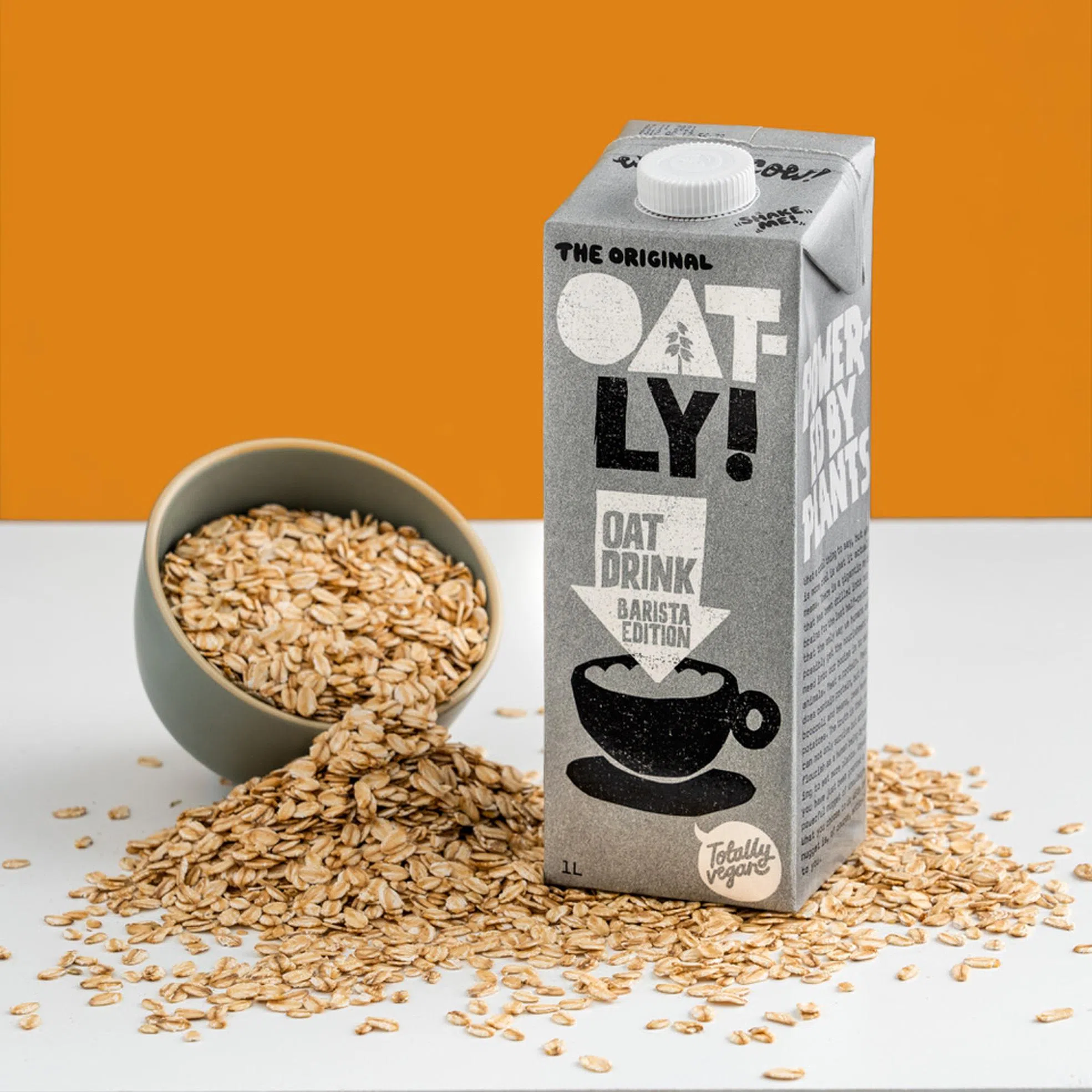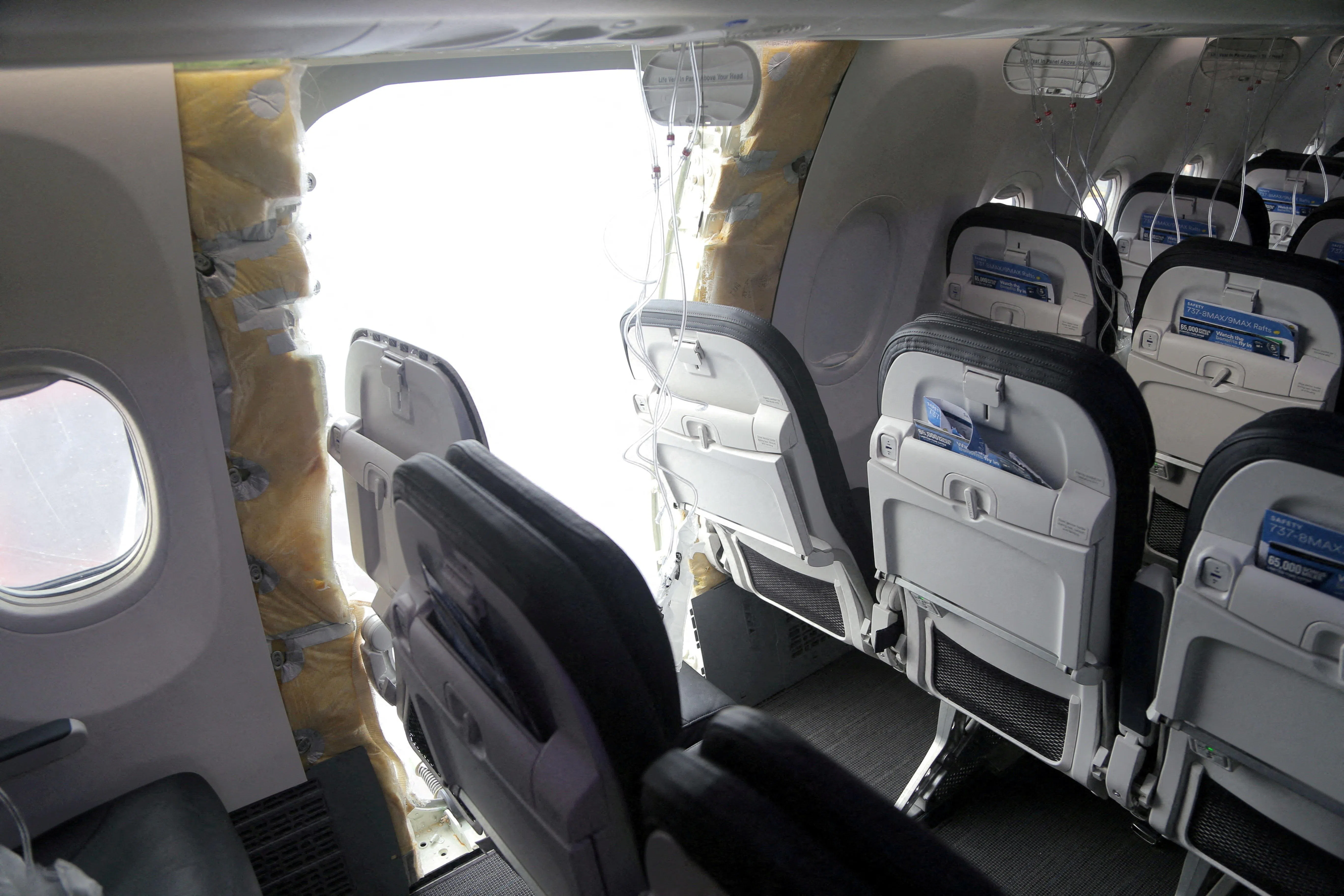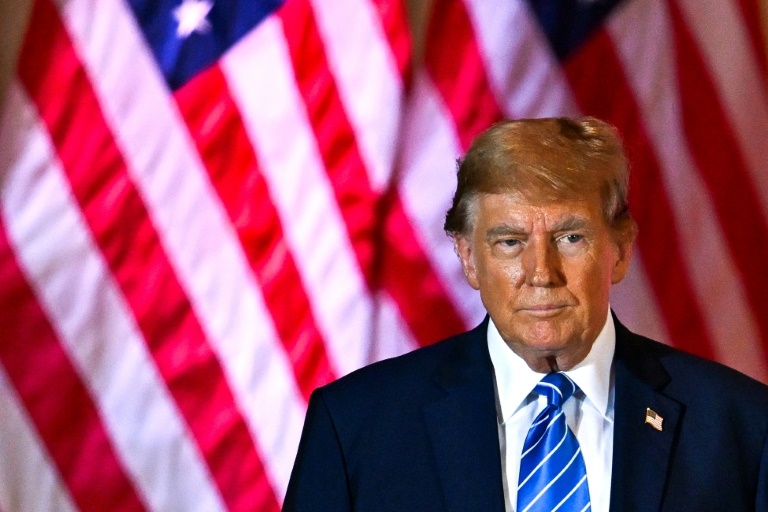DFI Retail Group : D01 0% said in a bourse filing on Thursday (May 23) that it continues to expect its underlying profit for FY2024 to be between US$180 million and US$220 million, in line with its guidance released in March this year.
Although the group reported strong profit growth in the first quarter, the growth trend is expected to decelerate over the remainder of the year, reflecting the group’s stronger performance in the comparable period last year.
In its interim management statement for Q1 FY2024, the group said that its underlying subsidiary revenues, excluding the impact of divestments, increased by 2 per cent compared to the same period in FY2023.
The group’s underlying profits grew by over 60 per cent in the period, driven primarily by improved profit performance across its subsidiaries.
The retailer, which is a member of the Jardine Matheson Group, said that its food retail division reported like-for-like sales slightly behind the first quarter of 2023.
Within North Asia, like-for-like sales continued to be affected by reduced consumer spending on groceries and increased outbound travel.
GET BT IN YOUR INBOX DAILY
Start and end each day with the latest news stories and analyses delivered straight to your inbox.
In South-east Asia, like-for-like sales marginally increased relative to the same period last year, supported by good festive trading performance, despite a slow start to the year.
Like-for-like sales for the group’s convenience division in Q1 increased compared to the same period last year. Sales were supported by good performance in Macau, South China and Singapore. However, like-for-like sales in 7-11 convenience stores in Hong Kong were “adversely affected” by reduced cigarette demand, said the group.
The group’s health and beauty division, which includes pharmacies like Guardian, reported “high-single-digit” like-for-like sales growth in Q1 while home furnishings reported “significantly lower” underlying profit due to a challenging macroeconomic environment.
The Hong Kong and Indonesia markets, for instance, were negatively affected by high interest rates, a dampened housing market and higher levels of outbound travel. In Taiwan, however, Ikea reported solid like-for-like sales performance.

